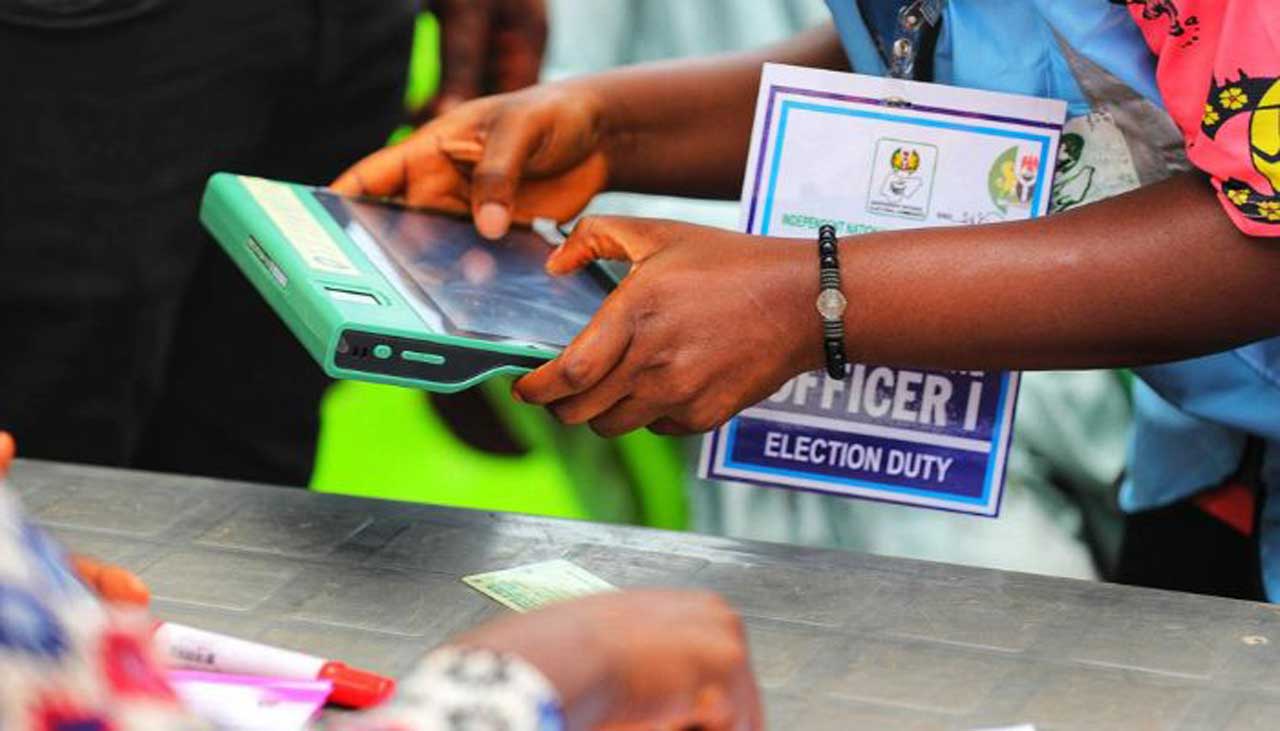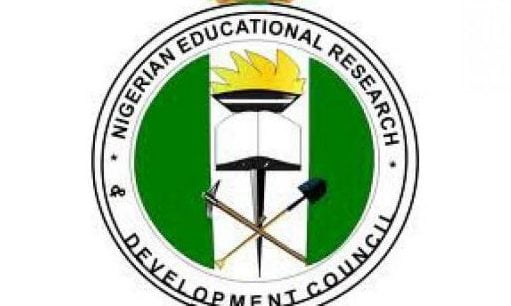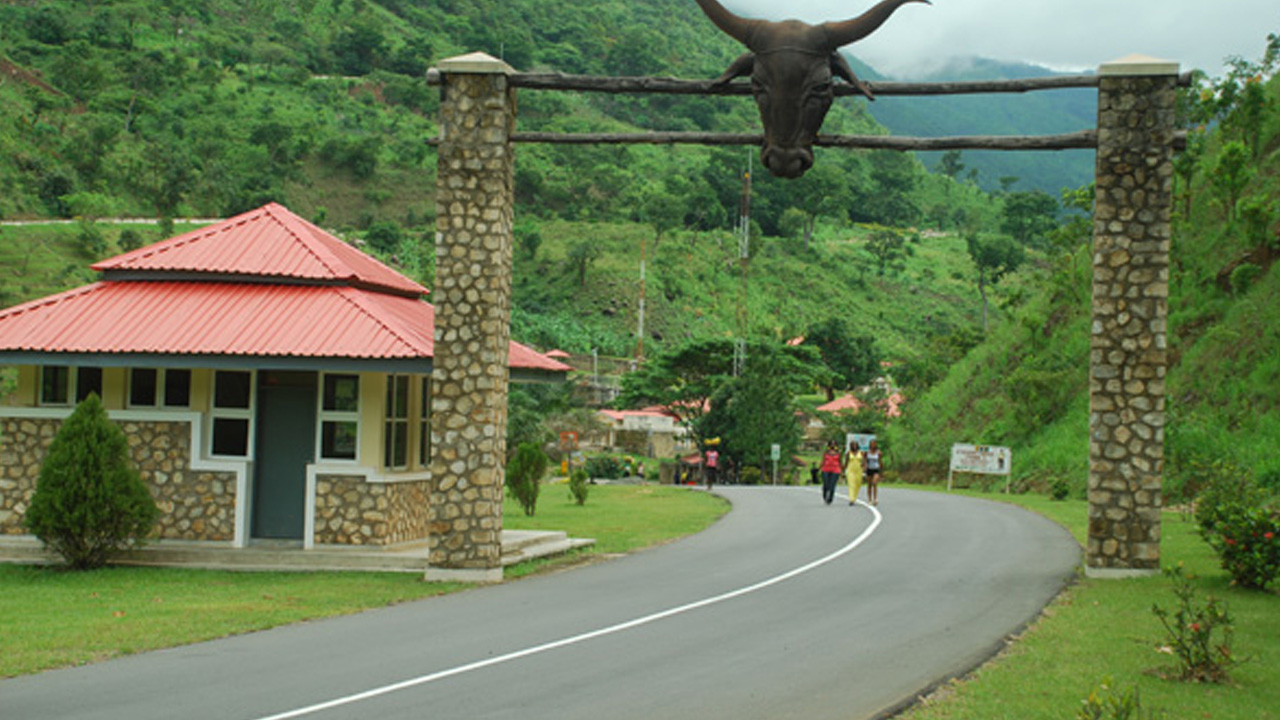
The Independent National Electoral Commission (INEC) is on the right path by insisting on the use of modern technology, particularly the Bimodal Voter Registration System (BVAS) and the Election Result Viewing Portal (IReV). The technology is important to bequeath transparency and by extension, credibility to the crucial presidential election in February 2023. It is instructive that the commission’s chairman, Prof. Mahmood Yakubu says there is no going back on the use of the technology notwithstanding that some persons are calling for his resignation or removal over his position on the matter.
The BVAS is a technological device used to identify and accredit voters’ fingerprints and facial recognition before voting, while the IReV is an online portal where polling unit level results are uploaded directly from the polling unit, transmitted and published for the public. At the front end of the online portal, members of the public can create personal accounts with which they can gain access to all uploaded results stored as PDF files. This accessibility of polling unit level results increases transparency and public trust in the process.
The Commission is therefore right to maintain that the twin technology is a bulwark against 10 most pervasive weaknesses in Nigeria’s election result management process, namely, falsification of votes at polling units, falsification of number of accredited voters, collation of false results, mutilation of results and computational errors, swapping of results sheets, forging of results sheets, snatching and destruction of results sheets, obtaining declaration and return involuntarily, making declaration and return while result collation is still in progress and poor record-keeping. In fact, INEC says that it has been using the BVAS and IReV in enhancing the transparency of election results and boosting public trust in electoral outcomes in recent elections in Nigeria. For example, INEC has deployed the IReV in 105 elections involving 16,694,461 registered voters since it was first introduced in the 2020 Nasarawa Central bye-election. In these elections, 32,935 results sheets (Form EC8A) were uploaded from polling units in rural and urban areas, including polling units in communities affected by insecurity.
In so far as the use of BVAS, IReV and other new electoral technologies and innovations introduced by INEC to enhance electoral integrity and inspire public confidence in the electoral process is to be encouraged, INEC should be reminded that, like every technology, BVAS, IReV and other electoral technologies are not infallible. Certainly, the deployment of BVAS and other electoral technologies could forestall election rigging as well as improve public confidence in electoral outcomes but some failures have been recorded in the use of BVAS. For example, when INEC first deployed BVAS in the Isoko South Constituency 1 bye-election in Delta State on September 10, 2021, some presiding officers complained that the machine had difficulties capturing the thumbs and faces of some of the voters, especially elderly voters. Despite the assurances that BVAS was full-proof in the last Anambra State governorship election, there were some challenges experienced at some polling units in the state owing to its malfunction. As a result, INEC was compelled to extend the voting time from 2:30 p.m. to 4 p.m. at the same pooling units. Also, during the Federal Capital Territory (FCT) Area Council Election of February 12, 2022, there were lots of challenges caused by BVAS as evidenced in reports by voters and observer groups.
Consequently, INEC needs to exercise due diligence and great care in the deployment of BVAS and other new electoral technologies. There is no doubt that as the new technologies evolve, attempts to compromise them heighten. Even with the new technologies, elections can still be stolen and voter choices upturned by compromised INEC officials with a click of a button. Therefore, INEC should ensure that the BVAS being deployed for the conduct of the 2023 elections is full-proof. Before the 2023 elections, the electoral body could conduct some mock exercises using the BVAS, to assess its robustness, efficiency, security and capacity before it is eventually deployed for the general election.
Information Technology experts say that to prevent the BVAS from malfunctioning, it required regular software updates and serviceable broadband access, requiring 4G technology for convenient download. Besides, poor quality internet access is a major challenge in the use of the new electoral technologies as several areas (especially remote locations) within the country don’t have 4G network coverage. For instance, MTN, the leading carrier in the country with 38 per cent market share, currently reports only 60 per cent 4G penetration. More importantly, INEC should do a comprehensive audit of BVAS in order to prevent possible disenfranchisement of voters.
With 10 million new voters added to the voters’ roll, an estimated 95 million registered voters will vote in 2023 in 176,846 polling units distributed across 774 local government areas of the country; INEC faces huge electoral challenges, the new technologies being only one of them. Resident Electoral Commissioners (RECs) are the most powerful and influential in elections. The RECs are the representatives of INEC at the state level. The role of RECs is critical for the success of any election. The duties of the RECs include monitoring the activities of all INEC ad-hoc staff/RECs as well as providing for proper verification of election results. In fact, INEC relies heavily on RECs verifications in authenticating the election results on the presupposition that RECs are people of unquestionable integrity. The integrity of INEC’s RECs will therefore play a significant role in assessing the integrity of the 2023 general elections. The commission should re-educate its staff and RECs to toe the path of honour and integrity in the conduct of 2023 elections.
Yakubu’s statements that notwithstanding the gargantuan challenges facing the Commission, INEC would conduct free and fair elections and deliver electoral justice in 2023 is reassuring. “Only the votes cast by Nigerians will determine who wins and this is our commitment to the nation,” he had said. The INEC boss must truly live up to his words and conduct an impartial, free, fair and credible 2023 presidential and the other elections. Guaranteeing peace, unity and stability in Nigeria depends so much on the outcome of the elections.





